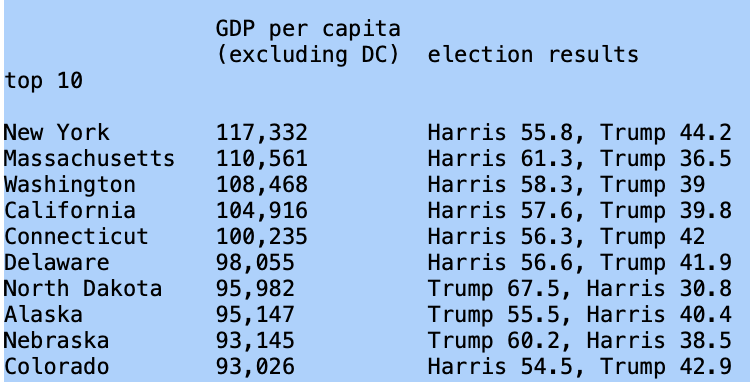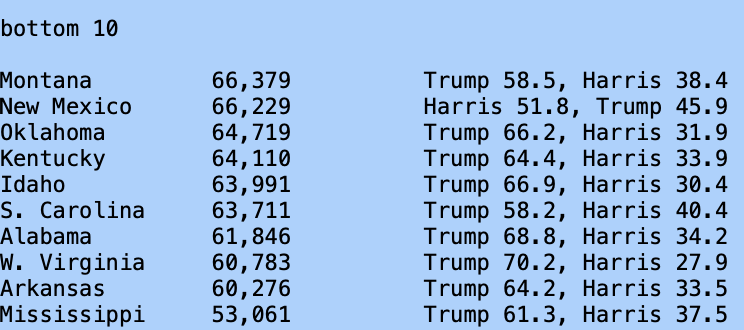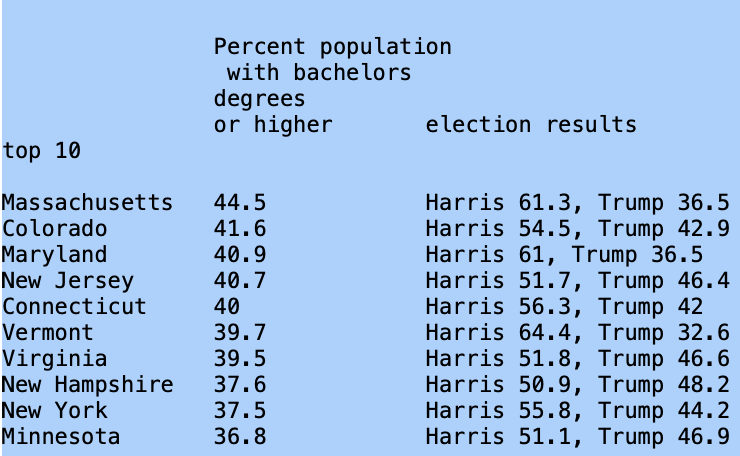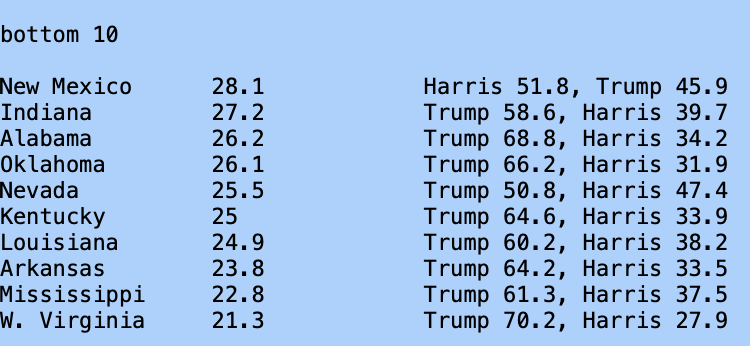I will describe the Democratic Government of Athens in three brief posts, roughly corresponding to the legislative, judicial, and administrative (executive) aspects of this government. This post concerns the legislative or rules/decision-making process.
Athens consisted of more than the city itself, but surrounding areas that provided the agricultural and mineral sustenance for the area. Athens was divided into several tribes, each of which made up what we would now call a precinct. Over the years, the number of tribes varied from a low of four up to thirteen, depending upon the varying political climate. Think in terms of the practice of gerrymandering in the United States.
Residents of Athens consisted of citizens, non-citizens and slaves. Citizens met the following criteria, though people could and did gain citizenship through the approval of the assembly.
- both parents were Athenian citizens
- they had to participate in military service
- they had to be property owners
- citizens had to be accepted into their father’s phratry (family tree) and deme (district or village)
Only men were allowed to own land, participate in government, and the political process. Originally each of the four tribes selected, by lot, an equal number of representatives to a council of 400 members called the Boule. Each of the four tribes selected by lot 100 adult male citizens to the Boule, but the number from each tribe and total number of members of the Boule changed as the number and size of the tribes changed over time.
If selected, a citizen served in the Boule for one year, and could only serve twice in his lifetime and once in a decade. The Boule acted as the administration and set the agenda for the meeting of the general assembly of all eligible citizens. Above setting the agenda for the assembly, members of the Boule supervised the state’s finances, the military, religious activities, building projects, and other government services. Members of the Boule were assigned to smaller committees that oversaw specific government activities. The yearly rotation of members and selection by lot was supposed to prevent the domination of government by particular factions. We will consider the administration of Athens by the Boule in more detail in a later post.
Making decisions in Democratic Athens was a true democratic process. The size of the general assembly was made up of all male citizens and was originally around 6000 men. It varied over time as the number of citizens changed with the fortunes of Athens. A citizen had to be present to vote, as there was no absentee voting. This imposed significant difficulties upon some citizens who resided in rural areas outside the city of Athens. To encourage participation, At various times, citizens were paid to attend or punished for being late to the assembly. There were about ten meetings of the general assembly per year, though others could be called as circumstances demanded. The Boule set the agenda, but the general assembly made decisions and enacted laws. Citizens could bring topics to the assembly that were not on the agenda as proposed by the Boule. Votes were usually taken by raising hands to support or oppose proposals. A close vote would be settled through voting with stones or shards of pottery.
Athens had a method of punishing unpopular leaders. This was called ostracism and occurred when at least 6000 citizens voted to punish a leader. Punishment consisted of expelling him from Athens for ten years.
It’s interesting to me that the New England town meeting of the modern United States shares some features with the Athenian assembly. In particular, in a New England town meeting, all citizens are allowed to participate and vote, just like in the Athenian assembly. Many town meetings are only lightly attended.
Note that several times over the centuries of ancient Athens’s existence, the democratic government was illegally taken over by leaders known as tyrants. A tyrant’s government could be malevolent and wasn’t necessarily brutal. Sometimes, under a progressive tyrants’ rule, such as Pisistratus, Athens prospered, and its influence over surrounding areas and across the Mediterranean Sea increased significantly. On the other hand, the first tyrant, Draco, enacted severe punishment for many criminal acts. Draco’s rule is the inspiration for the modern term, draconian, an adjective that describes excessively harsh and severe laws or their application. According to tradition, most of Draco’s severe punishments were rescinded by a later tyrant, Solon.




